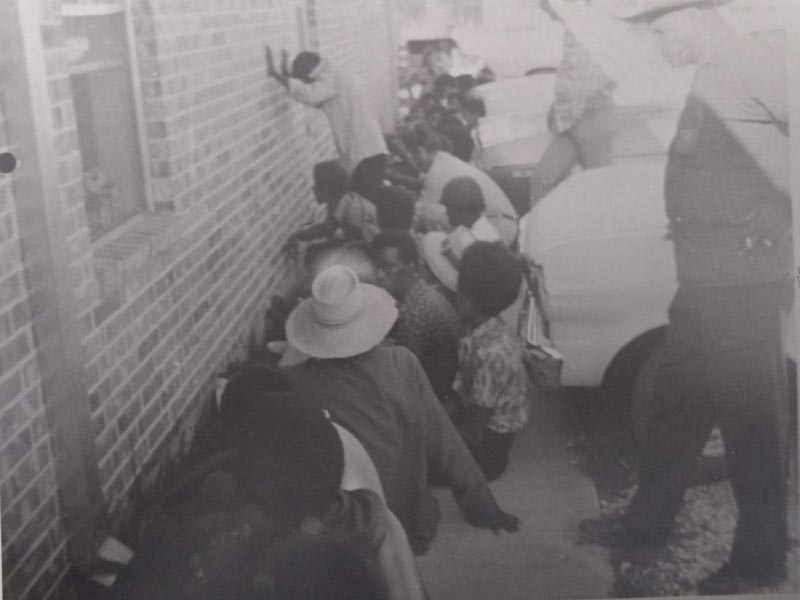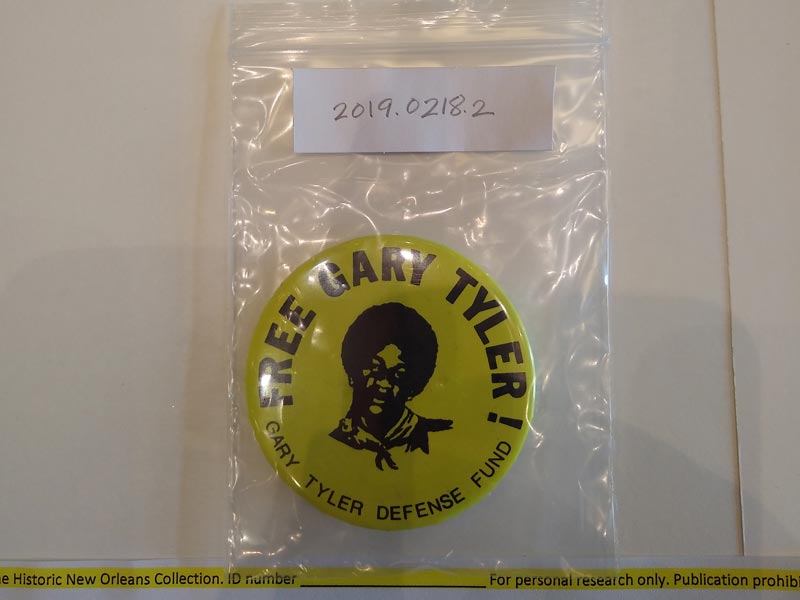
Biography
Walter C. Stern is assistant professor of educational policy studies and history at the University of Wisconsin–Madison. A New Orleans native, he earned his B.A. in American studies from Yale University and his M.A. and Ph.D. in history from Tulane. Stern is the author of Race and Education in New Orleans: Creating the Segregated City, 1764-1960, which received the 2018 Kemper and Leila Williams Prize in Louisiana History. The book explores the critical role that schools played in the development of the modern segregated metropolis. His teaching and research interests developed out of his experiences teaching public high school in Mississippi, covering education for a daily newspaper in Georgia, and working as a consultant for multiple education and civil rights initiatives in Louisiana.
Research
Education for Imprisonment:
Youth, Race, and Incarceration in the World’s Prison Capital
This project explores the United States’ systematic confinement of youth of color through the experiences of Gary Tyler, a black teenager whom an all-white jury convicted of first-degree murder following a 1974 racial brawl at his desegregating high school in Destrehan, Louisiana. Despite significant questions about Tyler’s guilt, his insistence upon his innocence, and robust activism challenging his conviction and the broader criminalization of black youth, Tyler spent more than four decades in prison. He secured his release only after the US Supreme Court ruled in 2016 that its 2012 ban on mandatory life sentences for juvenile homicide offenders applied retroactively. Tyler’s story, therefore, provides a window into Louisiana and the nation’s long history of racialized punishment. Since understanding that history involves looking beyond a single individual or moment, this book project takes a long view of Tyler’s life. It situates his experiences within a historical arc stretching from the late-eighteenth-century proliferation of slave labor camps throughout Louisiana’s river parishes to the 2016 decision that enabled his release. Focusing on the criminalization of youth of color within and outside of schools, it seeks to illuminate the historical circumstances that fueled mass incarceration and Louisiana’s reign as “the world’s prison capital.”




